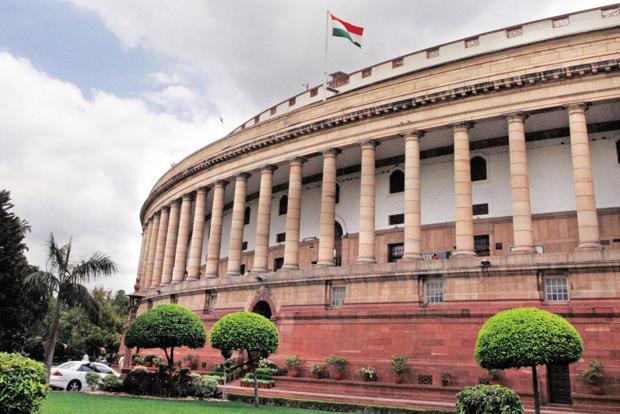The law does not talk how we can bring the fugitives back to the country and hold them personally liable. It also bars any company associated with it from filing or defending civil claims. What about the deterrent effect? Are we proposing any deterrent to prevent others from committing the same crime?
Tathagata Satpathy, BJD Chief Whip in Lok Sabha
New Delhi: BJD Chief Whip in Lok Sabha Tathagata Satpathy Thursday batted for norms that can act as ‘deterrents’ and can potentially prevent economic offenders from committing crimes.
Satpathy, who supported the legislation in the Lower House when the Fugitive Economic Offenders Bill, 2018 was tabled, talked about absence of some of the important norms to tackle such crimes. He also talked about many existing laws made to curb such cases.
He said, “Prima facie, the legislation looks like a strong act that will scare people from committing crimes. Everything the bill talks about, be it confiscation, attachment or absconding, have all been directly in many shapes have been covered under the CrPC through so many existing acts. India does not lack laws.”
“The law does not talk how we can bring the fugitives back to the country and hold them personally liable. It also bars any company associated with it from filing or defending civil claims. What about the deterrent effect? Are we proposing any deterrent to prevent others from committing the same crime,” Satpathy said.
The Dhenkanal MP also questioned the ordinance route for such issue and said it was akin to the Aadhaar row when the bill on Aadhaar was moved through a Money Bill. “Applying ordinance is one of the most undemocratic acts that a government could do and only India, Pakistan and Bangladesh have this ordinance system. So, we should avoid it. It was also brought in the same method as the Aadhaar bill was brought through the Money Bill route to divert the attention,” he pointed out.
The MP also said that instead of bringing a new legislation, lacunae in existing laws could be addressed. “If the Finance Minister can conduct a study on how many per capita laws we have in India; because we are passing so many laws which are not getting implemented well on the ground level. I do not see why there is a need to bring a new law instead of tackling the lacunae in the existing laws.”
